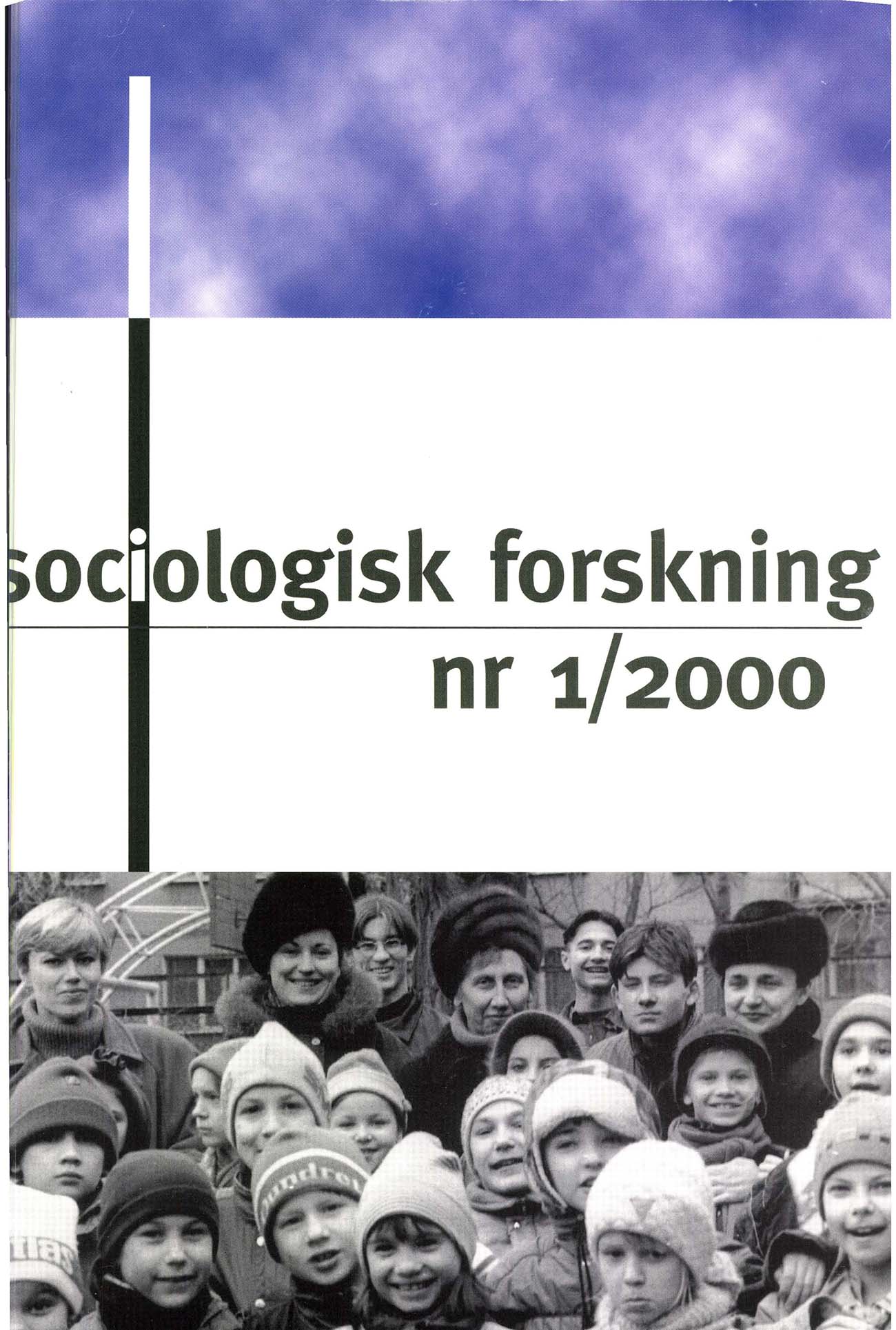Stagnation, sammanbrott och social nyordning - rötterna till den ryska folkhälsokrisen
DOI:
https://doi.org/10.37062/sf.37.19471Nyckelord:
Russia, stagnation, transition, health, mortalityAbstract
Stagnation, break-down and a new social order - the roots of the Russian public health crisis
Long term trends of deteriorating health status in Soviet Union and Eastern Europe during the last two decades of communism were followed by a new crisis in health, after the collapse of its social system. In contrast, the perestroika period coincided with strongly improved public health. Explanations for the latest Russian health crisis are discussed. It is concluded that explanations based on poor medical care, excessive alcohol consumption or nutrional deprivation are, at best, insufficient. The collapse of the social system itself has lead to a narrowing of individual and collective decision latitudes; we speculate that historical factors, such as vulnerability of specific birth cohorts or segments of the population, may be part of the unexpected and very steep rise of mortality during the first half of the 1990s.
Downloads
Publicerad
Referera så här
Nummer
Sektion
Licens
Allt material i Sociologisk Forskning publiceras med omedelbar öppen tillgång (open access), under Creative Commons-licensen CC BY-NC-ND 4.0.
Allt innehåll i tidskriften är fritt tillgängligt utan kostnad och får för icke-kommersiella syften fritt läsas, laddas ned, kopieras, delas, skrivas ut och länkas. Innehållet får dock inte ändras. När innehållet används måste författare och källa anges. Upphovsrätten till innehållet tillhör respektive författare. Inga publiceringsavgifter tas ut.





